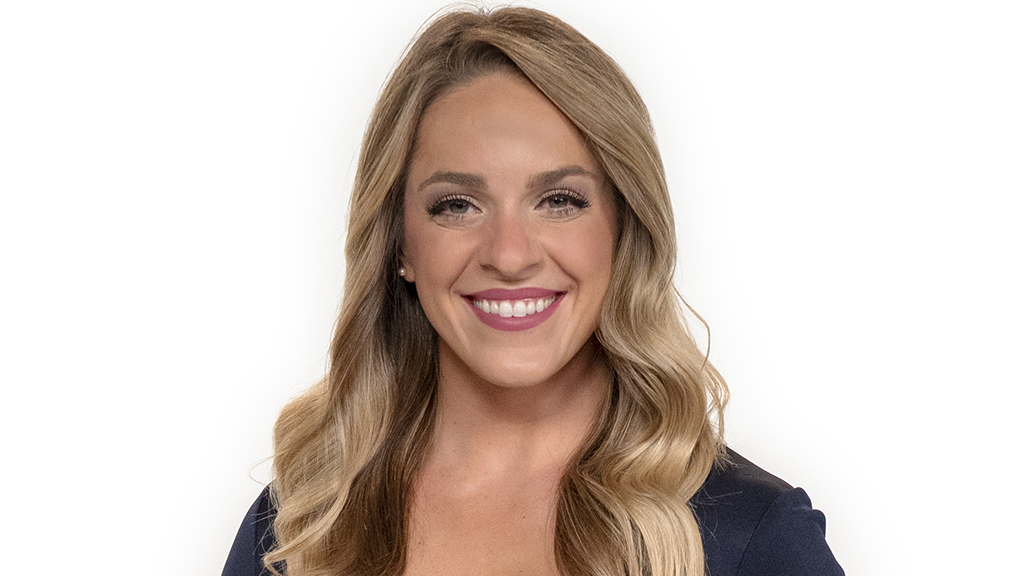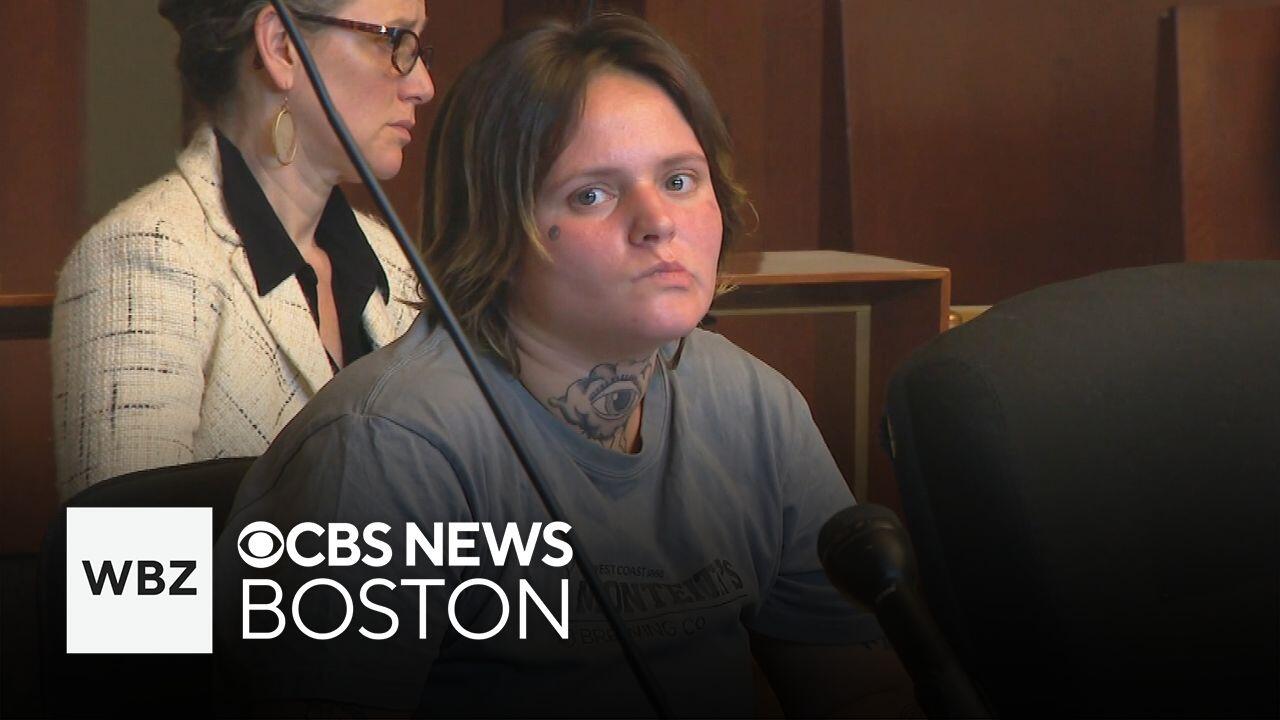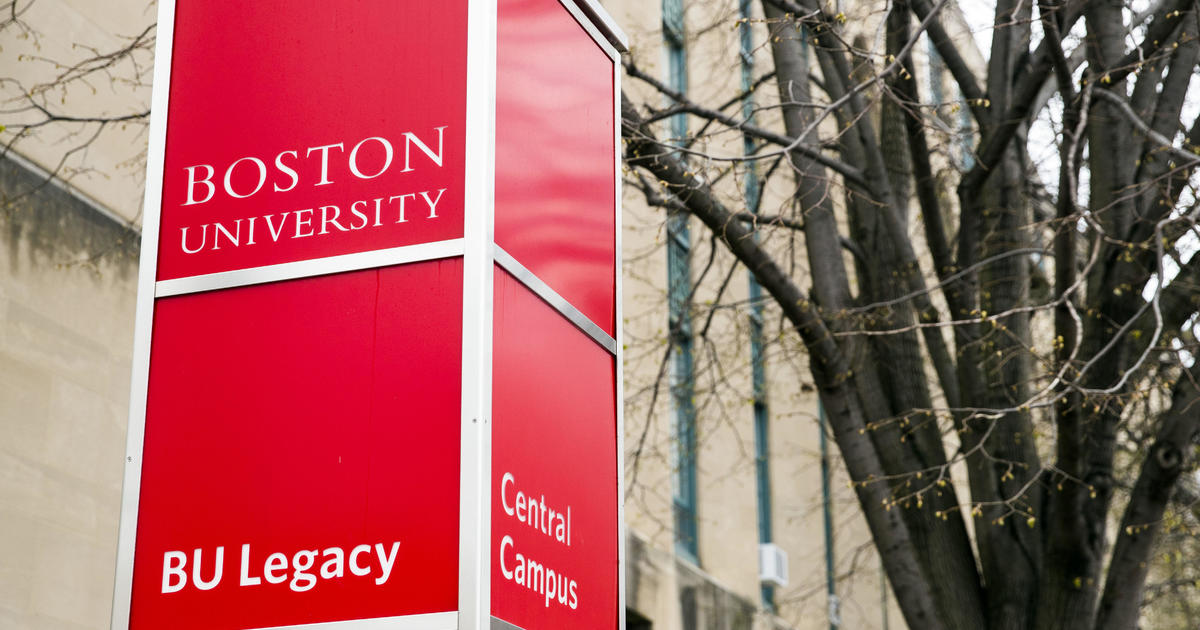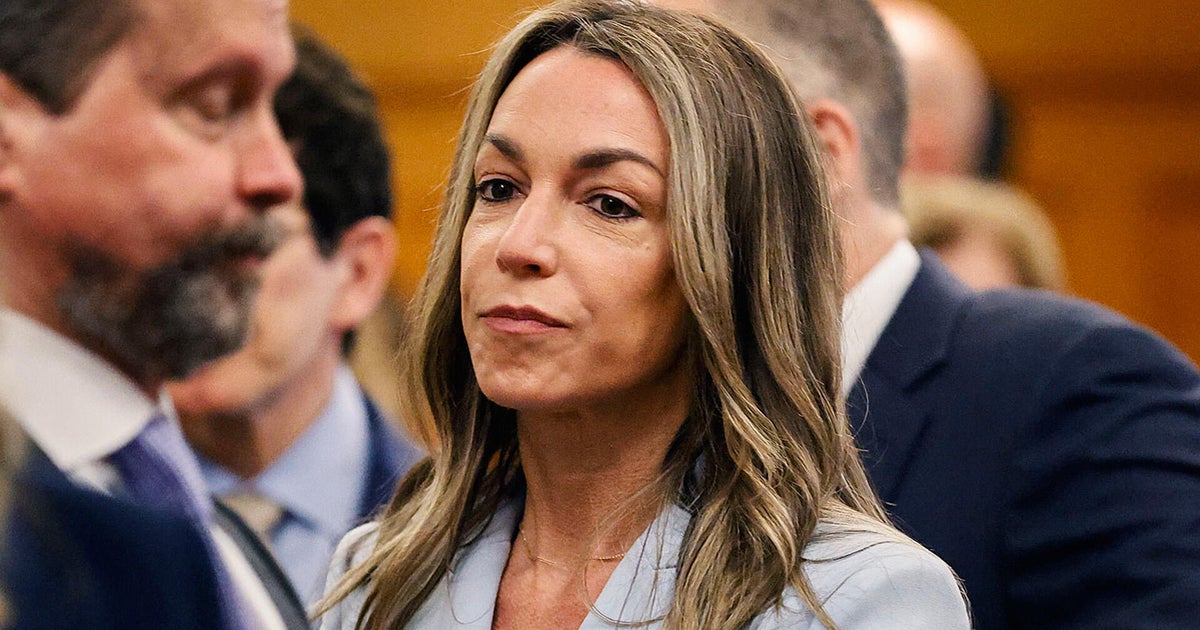Criminal defendants released from Massachusetts jail because of lawyer work stoppage
Four criminal defendants were released from jail on Monday in Boston because they have not had an attorney for more than seven days, the result of a defense attorney shortage and ongoing work stoppage.
The four defendants ordered released include two facing drug distribution charges, a man accused of choking his partner, and a man accused of receiving stolen property.
"I got arrested and I had no legal aid," said Daishaun Lawrence, the first defendant released. He said he was confident he would have been released sooner if he had proper representation. "I was really, really frustrated because I lost a lot," including his job at Target, he said.
Last week, the Supreme Judicial Court enacted what's known as the Lavallee Protocol, which requires indigent criminal defendants to be released if they have not had an attorney for more than seven days. After 45 days, their cases can be dismissed without prejudice – meaning that charges could be refiled.
Why is there a work stoppage?
Why is this happening? Because of a work stoppage that started after Memorial Day by the majority of lawyers statewide who do court-appointed defense work.
Typically, full time public defenders cover about 20% of court appointed cases for indigent clients. The other 80% of cases are covered by bar advocates, who are private attorneys who take "duty days" to do court-appointed work outside of their typical private work.
These bar advocates have been on a grassroots work stoppage for roughly six weeks to protest low pay and a shortage of lawyers willing to do the work.
"This has clearly reached a critical stage. It's reached an emergency stage," said Elyse Hershon, a criminal defense attorney and bar advocate. "You know, we need to fix this in order to keep qualified lawyers in this industry in this practice, and then also to attract and recruit more."
The work stoppage has put pressure on public defenders, who are now the only lawyers covering these cases. "It's really awful for everybody," said Rebecca Jacobstein of CPCS, the state's public defender organization. "Our staff attorneys – they are working so hard."
CPCS lawyers have been prioritizing the most serious and potentially dangerous cases for representation, resulting in cases like drug charges and other infractions considered "less serious" for defendants to potentially be released.
In several hearings Monday, Justice Tracy-Lee Lyons of Boston Municipal Court expressed frustration at lawyers being unable to find representation for indigent clients. "You're reporting to the court that not one private counsel will take this case?" she asked. "That's correct," a CPCS representative replied.
These Lavallee hearings will continue for the foreseeable future, so long as defendants remain underrepresented. Hearings start in Middlesex County on Wednesday.





